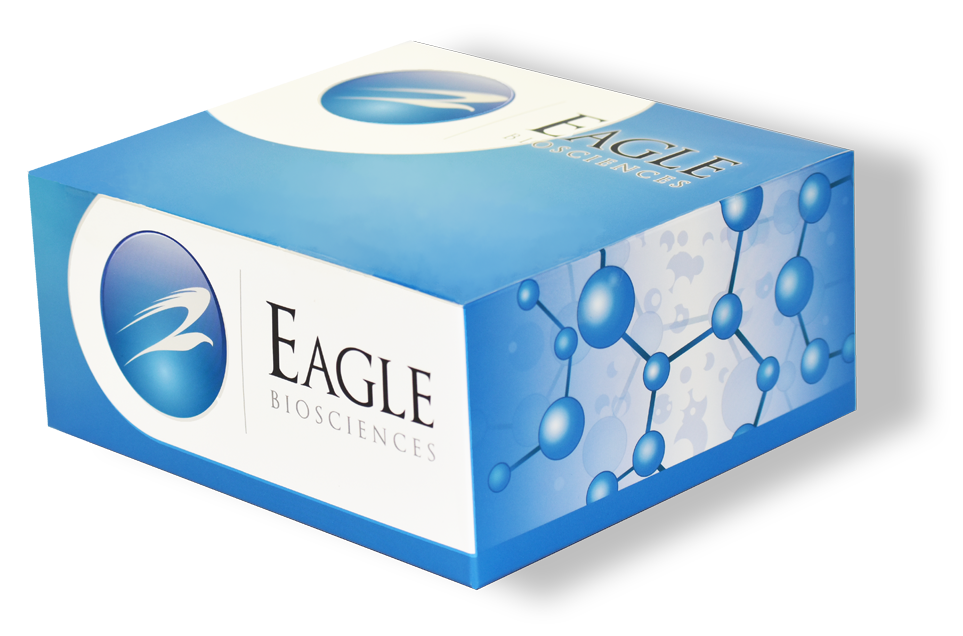Guinea pig Immunoglobulin A (IgA) is a key antibody isotype found predominantly in mucosal secretions such as saliva, tears, and intestinal fluids, where it plays a critical role in the first line of immune defense. Structurally, IgA in guinea pigs exists in both monomeric and polymeric forms, similar to that of other mammals, allowing it to neutralize pathogens and prevent microbial adherence to epithelial surfaces. The characterization of guinea pig IgA has provided insights into mucosal immunity, as guinea pigs share certain immunological features with humans, making them a useful model for studying humoral and mucosal immune responses.
In research, guinea pig IgA serves as an important biomarker for assessing mucosal immune activation, vaccine efficacy, and infection-induced immune modulation. It is frequently measured in studies involving respiratory or gastrointestinal pathogens, where mucosal antibody responses are of interest. Detection and quantification of guinea pig IgA are typically performed using ELISA or immunoblot assays with species-specific anti-IgA antibodies.
In clinical or translational contexts, although guinea pig IgA is not directly used in human diagnostics, its behavior as an experimental biomarker provides valuable information for vaccine development and immunotoxicology studies. For example, evaluating IgA responses in guinea pig models helps predict mucosal immunity outcomes in humans, guiding the design of vaccines and therapeutic agents that target mucosal tissues. Thus, guinea pig IgA serves as both a functional and translational tool for understanding mucosal immunology in preclinical research.
This product is manufactured in USA by Eagle Biosciences.
| Size | 1 x 96 Well |
| Sensitivity | 1.212 ng/mL |
| Dynamic Range | 6.25 ng/mL – 200 ng/mL |
| Incubation Time | 50 minutes |
| Sample Type | Serum, plasma |
| Storage | 2-8°C |
| Alternative Names | Immunoglobulin A, IgA antibody, or Guinea Pig Immunoglobulin A. |

